Song #9: The Proclaimers - "I'm Gonna Be (500 Miles)" (1988)
Sunshine on Leith
"And when the money comes in for the work I do, I'll pass almost every penny onto you."
One bad habit I have is, during the school year, when I go to sleep around 9pm or 9:30pm and wake up at 4:30am (for extra time in the morning, before you even flinch to ask), waking up anywhere from 12am to 3am, unplanned, with no alarm, and turning on the TV and watching infomercials for a brief time before going back to the bed. I'm fully conscious and alert, so I'm not sleepwalking, but it has become an unplanned, disorganized ritual; I'll go downstairs and get a glass of chocolate milk and return to my bed, sitting in the glow of my TV screen watching whatever happens to be on (be it some random car/product infomercial or Live Prayer with Bill Keller).
One night in September 2010, I awake around 1:15am, get my glass of chocolate milk, and rush back to my bedroom to catch some Family Guy. In the episode, a cutaway gag reveals Peter Griffin singing backup for the band The Proclaimers, the famous Scottish twin brothers known for their monstrous hit "I'm Gonna Be (500 Miles)," which turned into an international favorite. The brief cutaway gag shows Peter singing the song before interrupting The Proclaimers' recording session, thinking they interrupted his singing. Immediately then, I had to grab my phone and find the song; it was infectious and unlike anything I've heard.
"I'm Gonna Be (500 Miles)" is a goofy love song, about a man so head-over-heels in love with a woman he'd dare make a five-hundred mile odyssey on foot, or even a one-thousand miles round-trip marathon, just to be the man who walks one-thousand miles to the front door of the woman he loves. The song has a strange vibe to it, with The Proclaimers' thick Scottish accidents coming through with every line of the song, with the lyrics of the song continuing to get quirkier and quirkier as it goes on. The song is a masterclass of offbeat romance songs and shouldn't go unheard.
That freshman year, I played "I'm Gonna Be (500 Miles)" over one-hundred times on my phone, almost going forth with making a music video for it for my Television class, which I was taking at that time. Needless to say, I still know all the words and brazenly blast it through my car speakers or my headphones to this day, be it 1pm or 1am.
Give "I'm Gonna Be (500 Miles)" a listen, https://www.youtube.com/watch?v=XZ4Ib-7fJqY
Watch the "Family Guy" clip featuring The Proclaimers (the same one mentioned above), https://www.youtube.com/watch?v=ahMjV3ku4qw

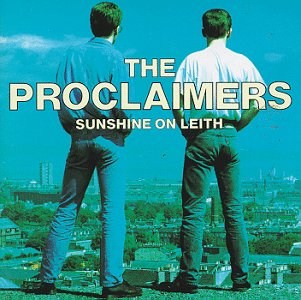






:format(jpeg):mode_rgb():quality(90)/discogs-images/R-379910-1246286710.jpeg.jpg)





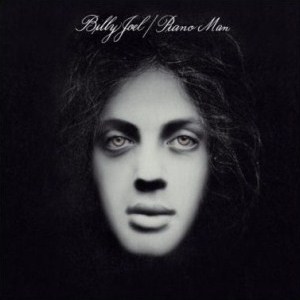

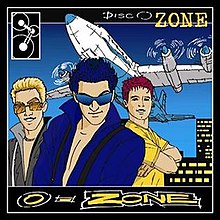
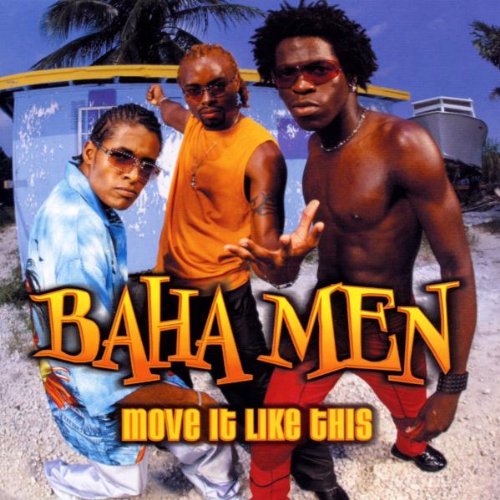
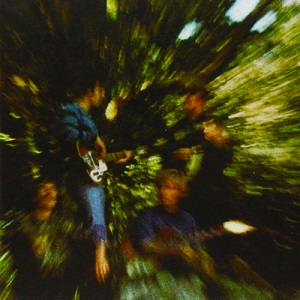









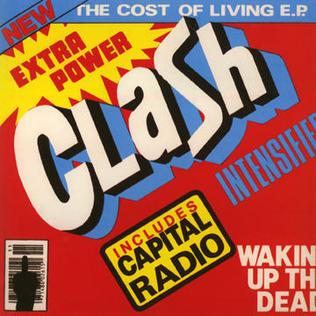
_Coverart.png)
